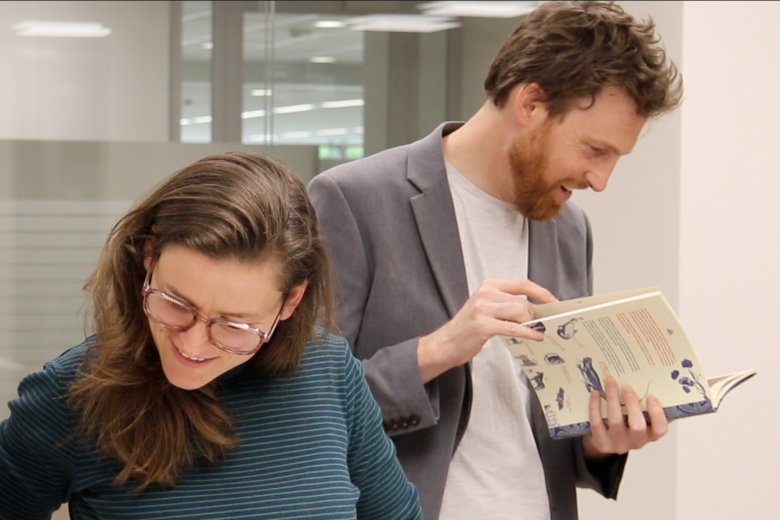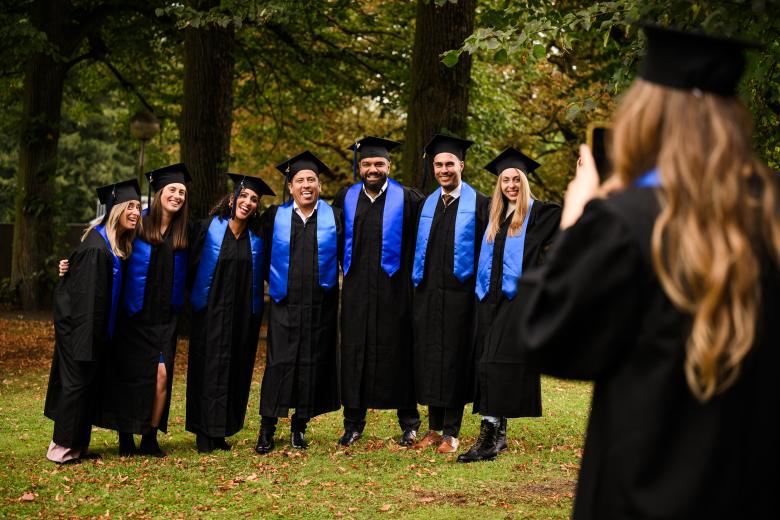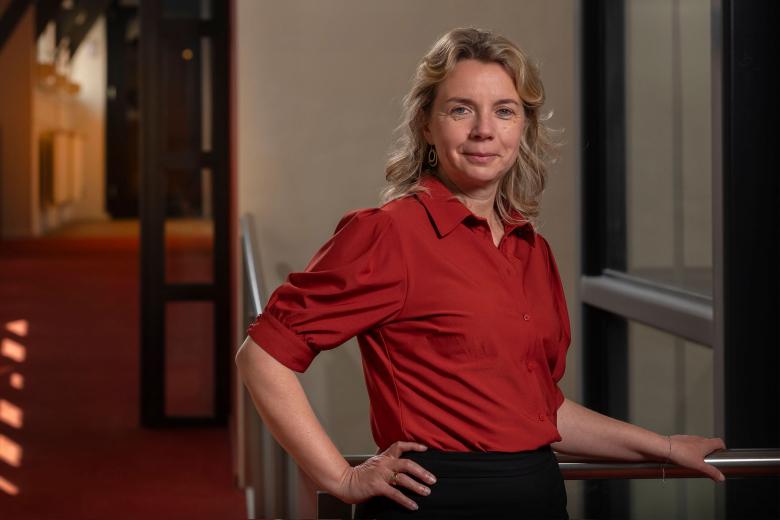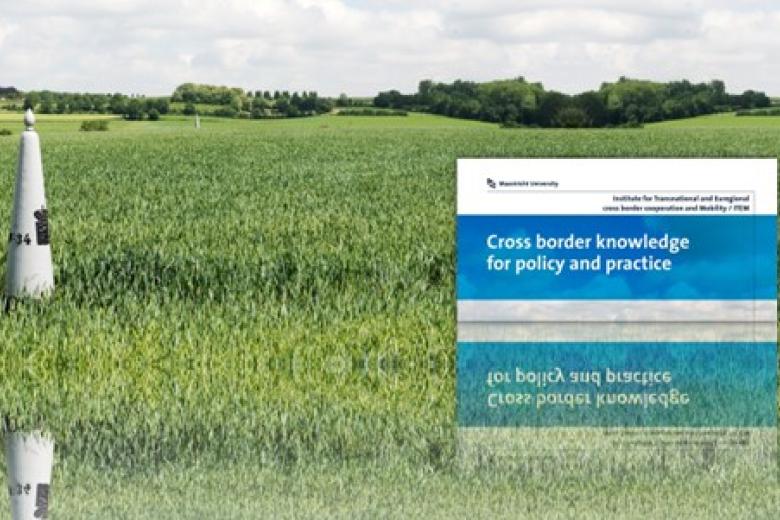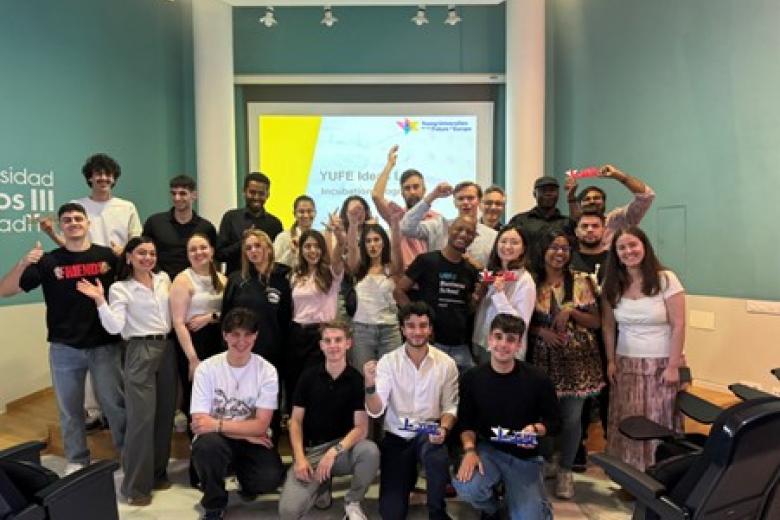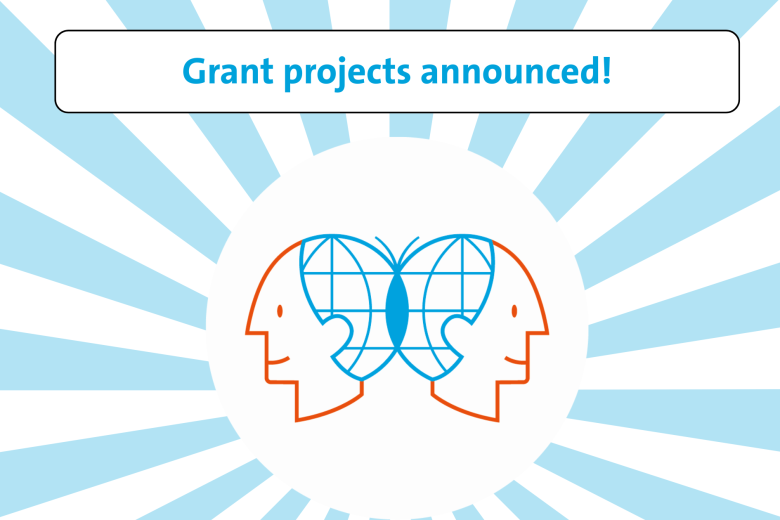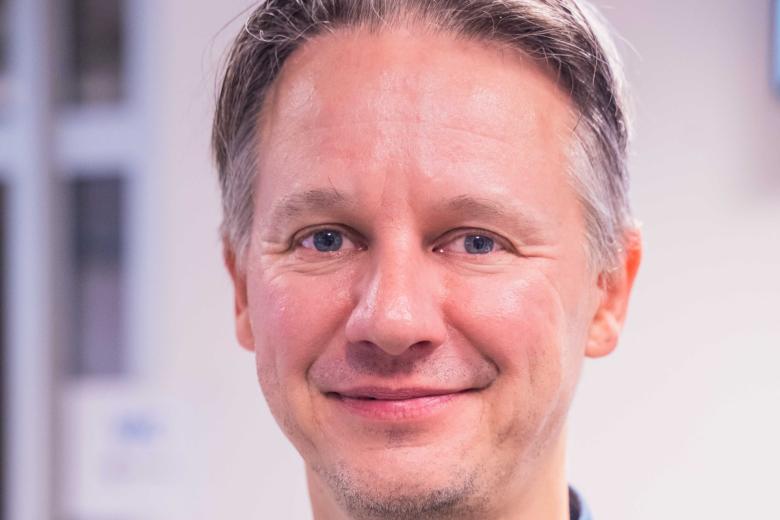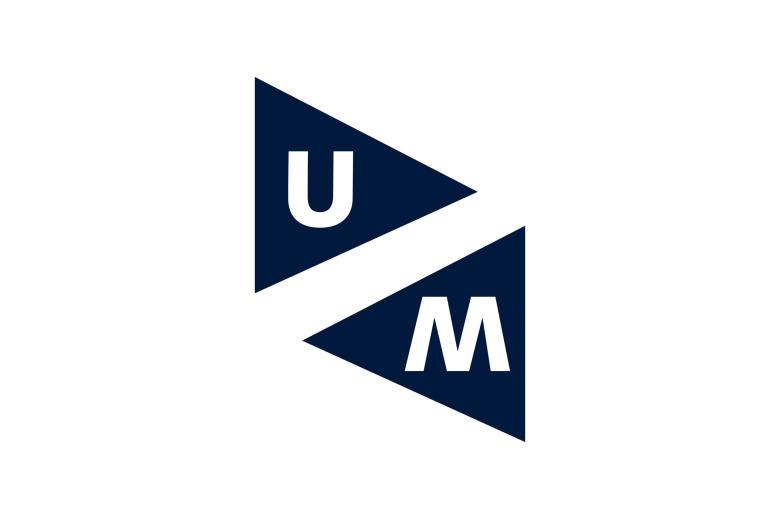Writer Frank Nellen and researcher Suzanne Kooloos investigate special book collections
Writer Frank Nellen and researcher Suzanne Kooloos are joining forces to delve into the special book collections of Radboud University and Maastricht University. Their research will serve as inspiration for a joint artistic project. The writer and researcher will be given free rein and will report...
